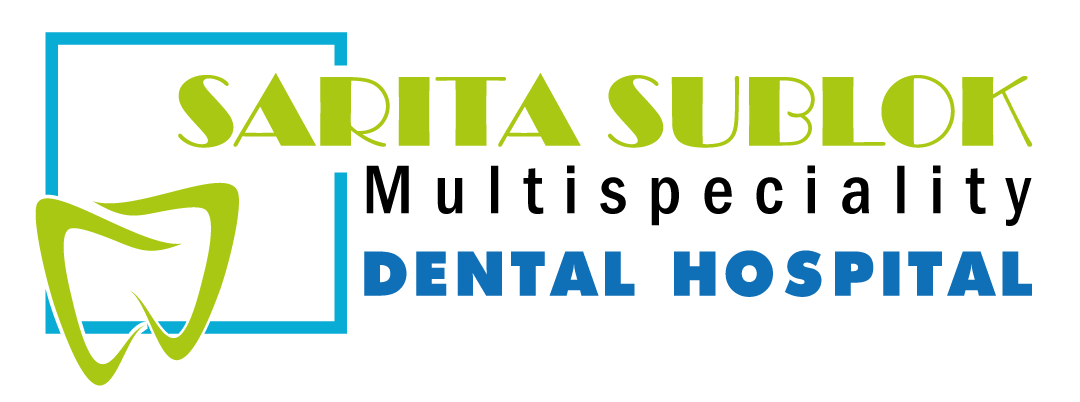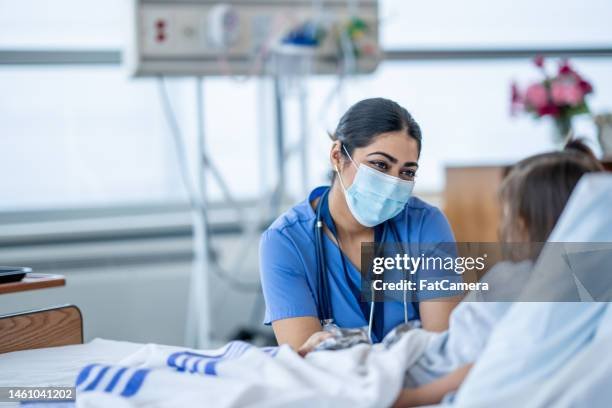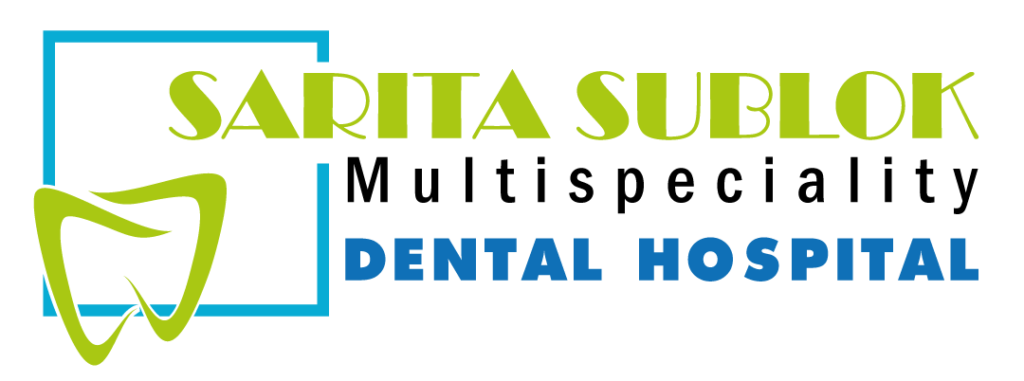Facial trauma, also known as maxillofacial injury, refers to any physical trauma to the face, including the jaw, nose, cheekbones, and soft tissues like the skin. Such injuries can result from various causes like accidents, sports injuries, or assaults. In Delhi, with its bustling urban life, traffic congestion, and high population density, facial injuries are a frequent occurrence, making the availability of skilled medical care essential. in Delhi is at the forefront of providing comprehensive solutions for facial trauma.
Understanding Facial Trauma
Facial trauma can vary from minor cuts and bruises to severe fractures and disfigurements. The delicate structure of the face involves multiple bones, including the mandible (jawbone), maxilla (upper jaw), nasal bones, and zygomatic bones (cheekbones). When any of these bones are injured, it can lead to pain, difficulty in eating, breathing, speaking, and in some cases, loss of sensation or permanent scarring.
Common Causes of Facial Trauma in Delhi
Given the fast-paced and high-energy lifestyle in Delhi, facial trauma can result from a variety of situations:
- Road Traffic Accidents: With the sheer number of vehicles on Delhi’s roads, accidents are one of the leading causes of facial injuries. Whether it’s a collision between cars or a motorbike accident, facial trauma is common.
- Sports Injuries: Contact sports like football, boxing, and wrestling can result in blows to the face. Additionally, adventure sports like cycling or skateboarding, if done without proper safety gear, pose a risk.
- Falls: Slipping or falling, especially in elderly individuals, can lead to facial injuries. Children, too, are at risk due to their natural tendency to be active.
- Physical Assault: Unfortunately, acts of violence and physical altercations contribute to facial trauma cases in cities like Delhi.
- Workplace Accidents: For those working in construction, manufacturing, or other high-risk environments, accidents involving heavy machinery or tools can lead to facial injuries.
Types of Facial Trauma
Facial injuries can range in severity, but the most common types include:
- Soft Tissue Injuries: These include cuts, bruises, and lacerations to the skin and muscles of the face. Though they may seem minor, deep lacerations can result in permanent scars if not treated properly.
- Fractures: Broken bones are a serious concern in facial trauma. Common facial fractures include nasal fractures, mandibular fractures, and zygomatic fractures. These fractures can disrupt the function of the face and may require surgical intervention.
- Dental Injuries: Facial trauma often affects the teeth, leading to knocked-out teeth, broken teeth, or fractures in the jaw.
- Nerve Damage: Severe trauma can result in nerve damage, causing loss of sensation or function in areas of the face.
Solutions for Facial Trauma in Delhi
The key to effectively managing facial trauma is timely diagnosis and treatment. In Delhi, specialized centers like Sarita Sublok Multispeciality Dental Hospital offer a range of solutions for those facing facial trauma. Here’s how facial trauma is treated:
- Initial Assessment and Diagnosis: The first step in treating facial trauma is a comprehensive assessment. This includes physical examinations, X-rays, and sometimes CT scans to determine the extent of the injury. Identifying broken bones, internal bleeding, or nerve damage is critical.
- Emergency Care: For severe cases, immediate medical intervention may be necessary. In cases of severe bleeding or life-threatening fractures, emergency surgery or stabilization is provided.
- Surgical Solutions:
- Reconstructive Surgery: When bones are fractured, reconstructive surgery may be necessary to restore both the appearance and functionality of the face. Depending on the type of fracture, metal plates, screws, or wiring may be used to fix broken bones.
- Dental Surgery: In the case of broken or lost teeth, dental implants, crowns, or bridges can be used to restore the teeth. Fractures in the jawbone may require corrective surgery as well.
- Scar Revision: For deep cuts and lacerations that leave visible scars, plastic surgery and scar revision procedures can help minimize the long-term impact.
- Post-Surgical Care: After any surgical intervention, post-surgical care is crucial to ensure proper healing. This includes pain management, monitoring for infection, and ensuring that bones or tissues heal correctly.
- Non-Surgical Treatment: Not all facial trauma requires surgery. Minor fractures, soft tissue injuries, and less severe dental damage can sometimes be treated with splints, bandages, and medications.
- Dental Solutions for Facial Trauma in Delhi: At Sarita Sublok Multispeciality Dental Hospital, the team provides comprehensive dental care as part of facial trauma solutions. From emergency dental surgery to restorative procedures like dental implants, bridges, and crowns, the hospital is well-equipped to handle dental injuries related to facial trauma.
- Physiotherapy and Rehabilitation: For severe injuries that impact jaw movement, facial expressions, or speech, physiotherapy may be recommended. Rehabilitation focuses on restoring function to the facial muscles and ensuring that the patient regains full mobility.
Why Choose Sarita Sublok Multispeciality Dental Hospital?
Located in Delhi, Sarita Sublok Multispeciality Dental Hospital is known for its cutting-edge technology, expert team of maxillofacial surgeons, and patient-centric approach. The hospital offers personalized treatment plans based on the individual needs of each patient. Their expertise spans various fields, including reconstructive surgery, dental care, and post-trauma rehabilitation. Whether you are facing a minor injury or require extensive reconstructive surgery, their team ensures a smooth recovery process.
Preventing Facial Trauma
While accidents can’t always be prevented, taking precautionary measures can reduce the risk of facial trauma:
- Wear Protective Gear: For sports, make sure to use helmets, mouthguards, and face shields.
- Drive Safely: Always wear a seatbelt and follow traffic rules. Motorcyclists should wear helmets.
- Fall Prevention: Ensure that floors are clear of hazards and that elderly individuals have support while walking.
- Workplace Safety: Follow safety protocols and use protective gear when working in high-risk environments.
Conclusion
At Sarita Sub Lok Multispeciality Dental Hospital, we are dedicated to providing Solutions for Facial Trauma in Delhi with a commitment to patient care and satisfaction. Our team of expert dentists ensures that each patient receives personalized and top-quality treatment, using state-of-the-art technology for procedures like Facial Trauma in Delhi, and more.
For more information or to book an appointment, visit our website at Sarita Sub Lok Multispeciality Dental Hospital and Follow us on INSTAGRAM and FACEBOOK




